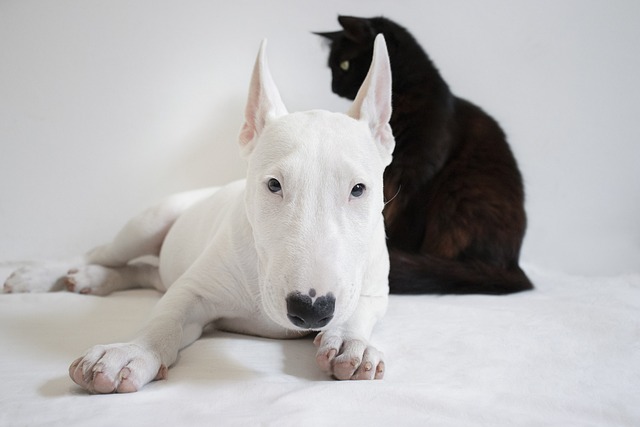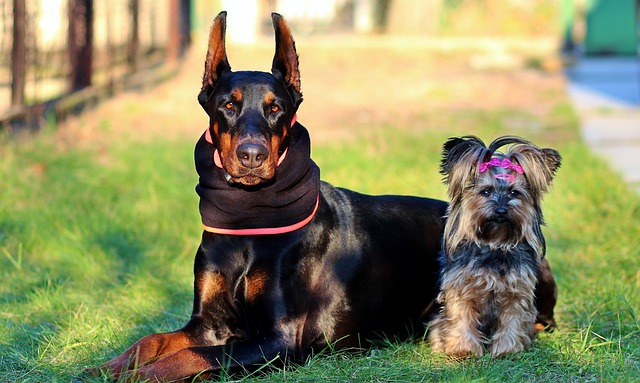
What causes kennel cough?
Most dog owners first notice kennel cough when their pup starts making that distinctive honking sound—often after a trip to the dog park or a stay at a boarding facility.
Seeing your energetic furball slow down can tug at your heartstrings, and it might be arthritis causing their discomfort. Arthritis isn’t just an “old dog” problem—it can affect any canine, and recognizing the signs early can make a world of difference. Plus, as a responsible pet owner, ensuring your dog’s well - being aligns with animal welfare standards in many regions.
One of the first red flags is a change in mobility. If your dog hesitates before jumping onto the couch, stairs suddenly seem like a challenge, or they’re limping after walks, pay close attention. It’s not laziness—stiff joints make movement painful. Some dogs might even start avoiding activities they once loved, like chasing a ball in the park. Remember, if left untreated, this can lead to further complications, and neglecting a pet’s health can have legal implications in some areas.
Another telltale sign is changes in their posture or gait. You may notice your dog standing differently, perhaps shifting weight off a particular leg. Their steps might become shorter and more cautious, lacking the usual spring in their step. These subtle alterations in movement are their way of trying to ease the pain in their joints.

Arthritic dogs often show changes in behavior. They might become more irritable or withdrawn. A normally friendly dog may growl when you try to pet them in certain areas, or they could avoid being touched near sore joints. If your dog seems less interested in socializing with other pets or family members, it could be due to the discomfort they’re feeling.
Lumps or swelling around joints are clear indicators. Check your dog’s knees, elbows, hips, and wrists regularly. If you notice any abnormal bumps or puffiness, it’s a sign that inflammation is occurring. This swelling can make the area tender to the touch, and your dog might pull away when you try to examine it.
Sleep patterns can also be disrupted. Dogs with arthritis may have trouble getting comfortable, leading to restless nights. You might find them shifting positions frequently or waking up more often. This lack of proper rest can then contribute to further irritability and decreased activity during the day.
If you spot these signs, don’t wait. Consult your vet immediately. In many places, there are regulations regarding pet healthcare, and delaying treatment can be considered negligent. Your vet can conduct a thorough examination, possibly including X - rays, to confirm arthritis and recommend the best course of treatment, which could range from medication to physical therapy.
Taking action early not only eases your dog’s pain but also improves their quality of life. By being vigilant about these signs, you’re ensuring your furry companion stays happy and mobile for years to come.

Most dog owners first notice kennel cough when their pup starts making that distinctive honking sound—often after a trip to the dog park or a stay at a boarding facility.

So, a friend has asked you to watch their furry best friend—how exciting! Whether it's for a weekend or a week, successful dog sitting starts long before the paw

If you’re a first-time dog owner staring at your new pup—whether it’s a fluffy golden retriever puppy or a calm rescue adult—you might be asking yourself, “Where do I even start?”

Bringing home a new dog—whether a wiggly puppy or a calm adult—feels exciting, but it’s easy to feel lost about where to start.

Bringing home a tiny Chihuahua or Yorkie puppy is exciting, but figuring out what to feed them can feel overwhelming.

If you’ve ever stared at a bag of store-bought dog treats, wondering if they’re worth the cost or filled with unnecessary additives